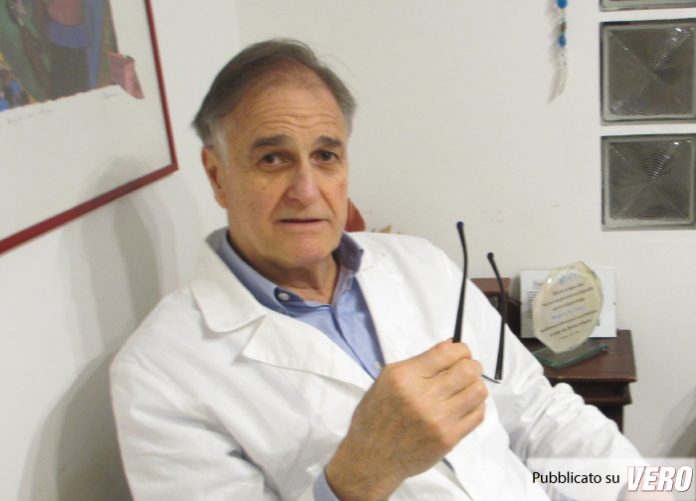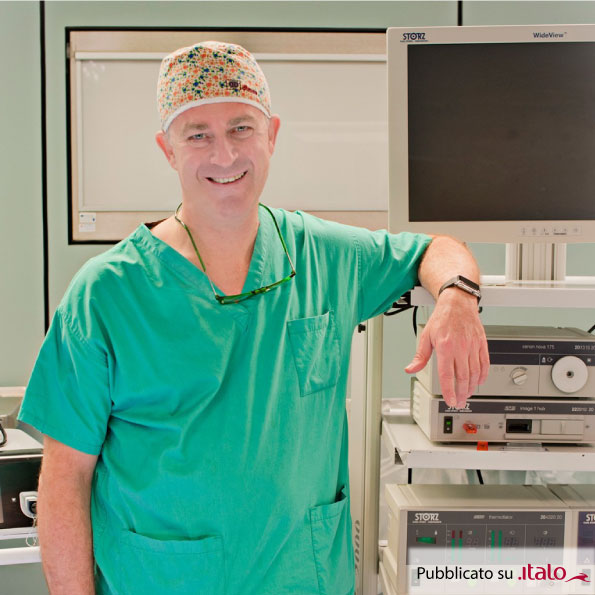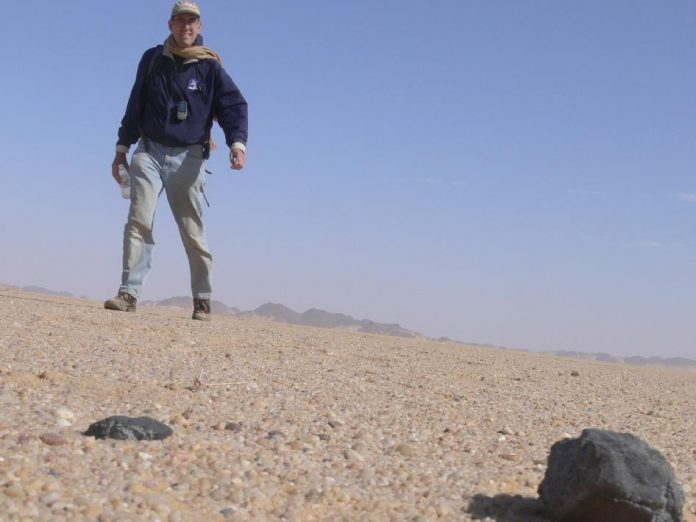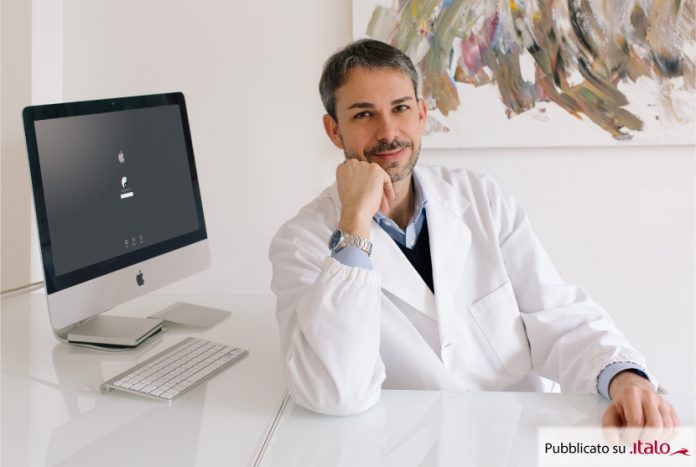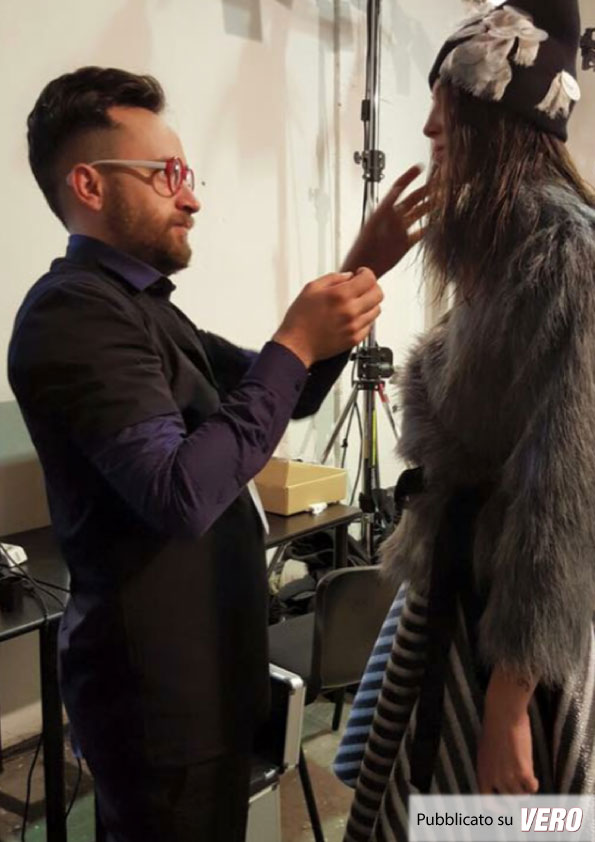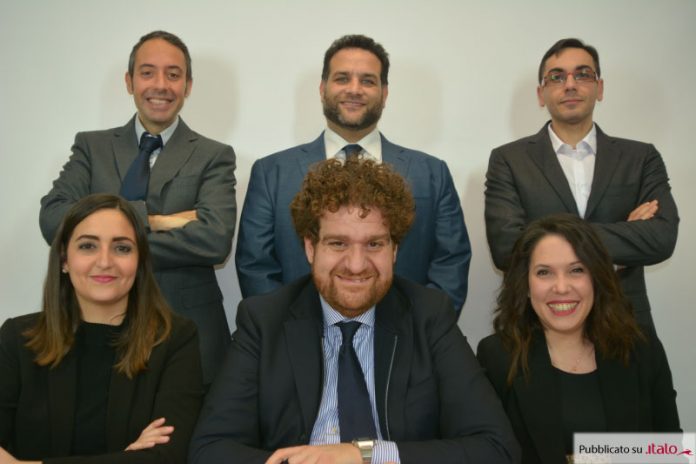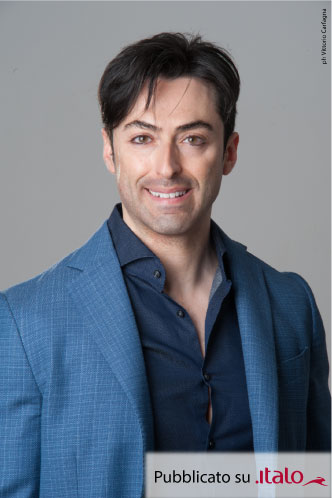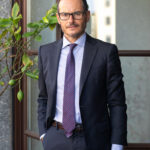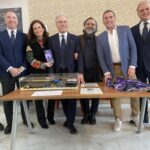The breast augmentation is, without a doubt, the most popular cosmetic surgery by women. Therefore, medical research in this field is constantly evolving to guarantee those who choose to undergo this intervention a result that is as satisfying and safe as possible. To illustrate the latest news on breast implants is Prof. Giuseppe Sportelli, a famous Surgeon and Plastic Surgeon in Rome.
Prof. Sportelli, how important is the choice of a prosthesis in a breast augmentation surgery? And what is the main approach today?
The choice of prostheses is a very important phase that can strongly condition the result of the intervention. Currently there are several types of prostheses on the market that differ in shape, surface and content: the choice of which model to use is referred to the surgeon who, based on his experience, will choose the one most suited to the patient’s physical shape and the characteristics of his tissues, in order to obtain a breast that is as natural as possible. Having said that, from the point of my clinical experience of more than thirty years, I would like to underline that today there is a certain return to the past.
What do you mean?
Until the end of the 80s the breast augmentation surgery was performed almost exclusively with smooth silicone implants, very soft and natural to the touch, but which unfortunately presented a high risk of capsular contracture. Since the 1990s, textured prosthetics have entered the market, much more tolerated and more resistant, but less soft to the touch. But lately the surgeons have come back to prefer the use of implants with a smooth silicone surface, which, compared to those used until the ’80s, have a low risk of capsular thickening and a great resistance thanks to the use of new technologies. Their advantage, compared to those with a “textured” surface, consists in the softer consistency, which gives the décolleté a more natural and harmonious shape, and in shorter skin scars requiring minimal surgical incisions.
The smooth prostheses on the market today guarantee the highest degree of safety, resistance and comfort?
They guarantee aesthetically extraordinary results but also greater safety, considering that they contain a “highly cohesive” silicone gel, which, even if the prosthesis breaks, does not spread into the surrounding tissues. In conclusion, the industrial research that has made available on the market the latest generation medical devices and modern surgical techniques make breast augmentation an increasingly routine intervention, free from unwanted effects.
More info (gsport1952@gmai.com) (www.chirurgiaesteticasportelli.it)
By Roberta Imbimbo










































